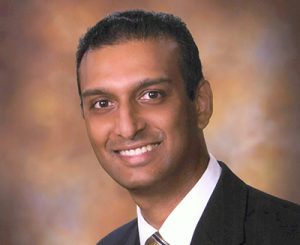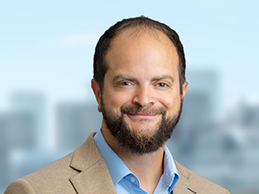ALBANY, N.Y. — SUNY will no longer require a COVID-19 vaccine for students to attend its 64 campuses, effective for summer courses.
The decision coincides with U.S. President Joe Biden signing a bill Monday declaring the official end of the national public-health emergency associated with the pandemic.
Moving forward, COVID-19 vaccinations will be “strongly encouraged” for students, which is consistent with other viruses including influenza and mpox, SUNY Chancellor John King, Jr. said in Tuesday’s announcement.
(Sponsored)

What Is Governance, Risk Management, and Compliance (GRC)?
As cyber threats grow in numbers and severity, regulatory bodies are developing new cybersecurity frameworks for businesses to adhere to. These frameworks vary by industry, and a new type of

The OBBBA Resurrects the Immediate R&E Expense Deduction
Under the Tax Cuts and Jobs Act (TCJA), businesses, including manufacturers, have been required since 2022 to amortize domestic Section 174 research and experimental (R&E) costs over five years, rather
SUNY also encourages faculty and staff to stay up to date on vaccinations.
The decision came at the recommendation of SUNY’s public-health expert advisory committee, which includes physicians and experts in infectious disease, public health, and neuroscience.
Dr. Mantosh Dewan, president of Upstate Medical University in Syracuse, and Dr. Wayne Riley, president of SUNY Downstate Health Sciences in Brooklyn, co-chair the committee.
SUNY convened the group earlier this year to collect and review data on vaccinations, as well as trends in infection rates from newer variants. SUNY also worked with state health officials in making this decision, per the announcement.
“Across the nation, we have been pleased to see the rates of infection come down as vaccination levels improved and the new COVID variants became much less severe. SUNY’s updated public health policy for COVID-19 is in line with other city, state, and national action to relax the mandate, and also provides campuses with protocols to keep campuses safe should there be any uptick in cases,” Dewan and Riley said.




